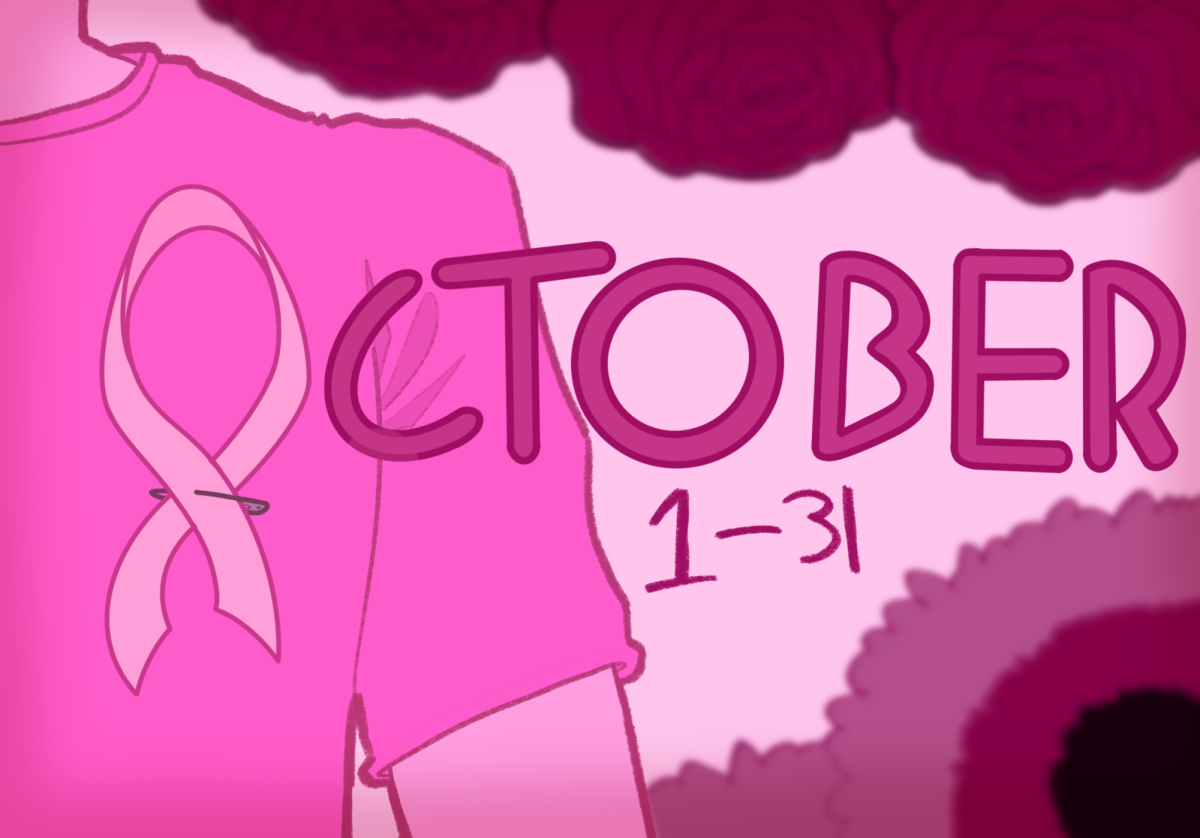The United States is an ever-changing cultural landscape, a melting pot of diverse ideas and societal influences from across the globe. The rich culinary heritage of the nation pulls from many unique traditions and practices brought and shaped by generations of immigrants, as well as the colonial influences America was founded upon.
But hold your horses, with all this diversity in our diet, horse meat is one protein source that has been off the American menu since the country’s first conception. People have always been careful not to horse around with the subject and have steadfastly steered clear of horse meat entirely. But why don’t Americans eat horses, and should we start?
Have you ever shared the popular sentiment of being so hungry you could “eat a horse?” Well, in many countries, it’s more than just the figure of speech we think of it as. The consumption of horse meat is a regular occurrence in many places, with European countries such as France and Italy preparing it in many traditional dishes.
With other countries partaking in horse meat as a means of protein, no different from the livestock we are familiar with, why don’t Americans saddle up for a taste of something new? The most apparent reason is the concept of horses being thought of as pets, leaving many disgusted with the idea of killing them let alone plating and serving them. This raises many questions about the ethics behind consuming the meat.
This modern aversion to horse meat comes as no surprise. The American frontier had people using horses as a means of transportation, they were basically cars up until the 1920s when the necessity for faster travel drove the invention of the automobile. Horses are still, to this day, known to encapsulate the “frontier spirit” and while not as commonly used for travel, are still used to help with agricultural practices such as plowing and tilling.
When setting aside the ethical dilemma posed, the concept of eating horses is nothing new and can date back thousands of years. It has been found to come with great benefits and has a similar nutritional value to beef. It could also benefit Americans by further diversifying their protein sources, which would ease some of the environmental struggles of the livestock industry since the demand for basic livestock continues to grow.
The addition of horse meat to the American diet could amplify and add more variety to the nation’s already unique culinary landscape. However, due to public opinion, horse meat still remains to be taboo on the American menu.
While the ethical questions raised are undeniable, some simply view horses as a companion akin to many other house pets. Another issue that arises with horse meat is the legal battle that is The Federal Humane Slaughter Act of 1958. This act placed restrictions on how animals could be treated within the meat industry, which applied to the production of horse meat, placing additional strain and a lack of incentive on meat producers. This combined with legislation put in effect to further limit horse meat production, making the food source less available as a whole.
The question of whether Americans should eat horses lacks a simple answer, the subject is intertwined in many moral and ethical issues. However, the debate rages on as to whether the introduction of horses into the American culinary world poses a net benefit. While it can be argued that a horse deserves the same protection as any other animal, some believe the benefits to the American diet and the positive effects it poses on meat production, makes giving horse meat a try. But for the time being, horse burger is off the menu.

















William D. • Nov 16, 2023 at 7:33 am
Great Job
Bill Rogers • Nov 15, 2023 at 10:56 am
Finally someone gets it👍
Dane Dodos • Nov 15, 2023 at 11:08 am
I’m nothing without my fans.